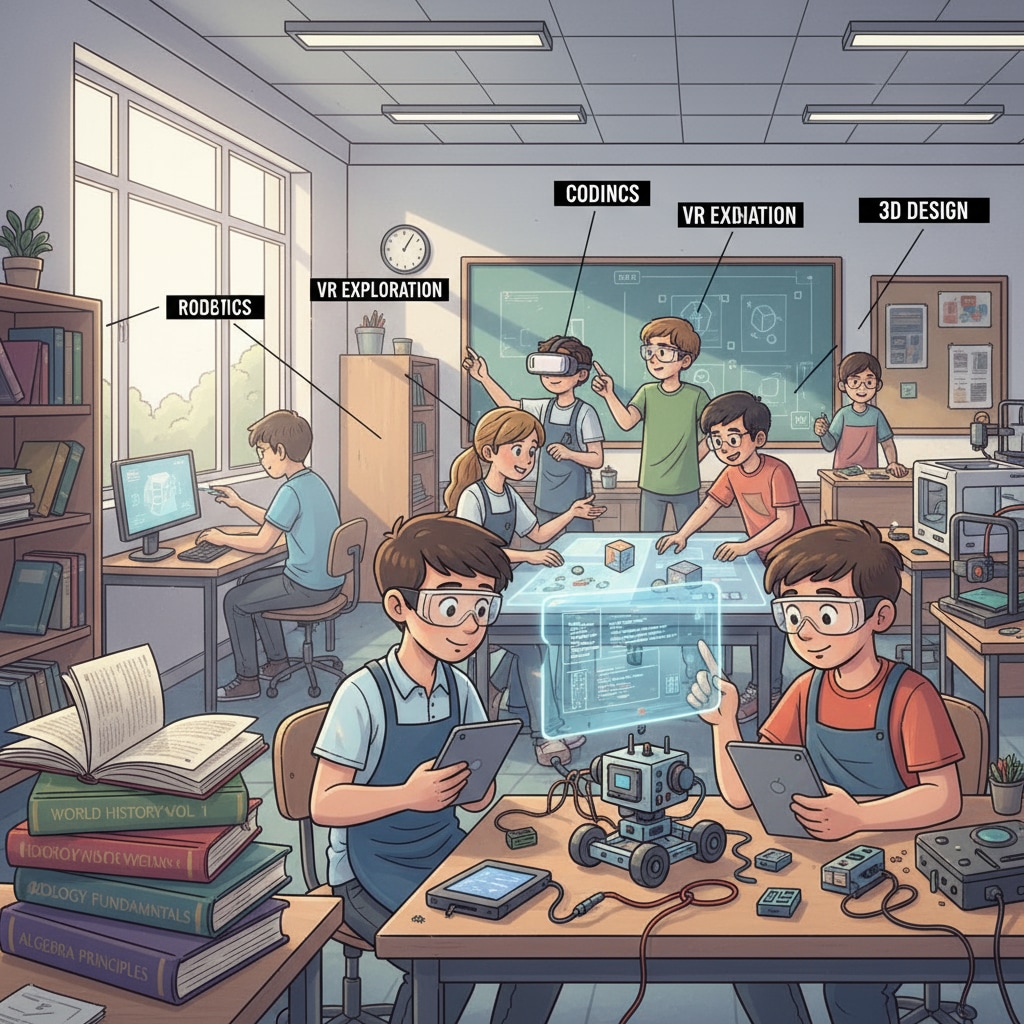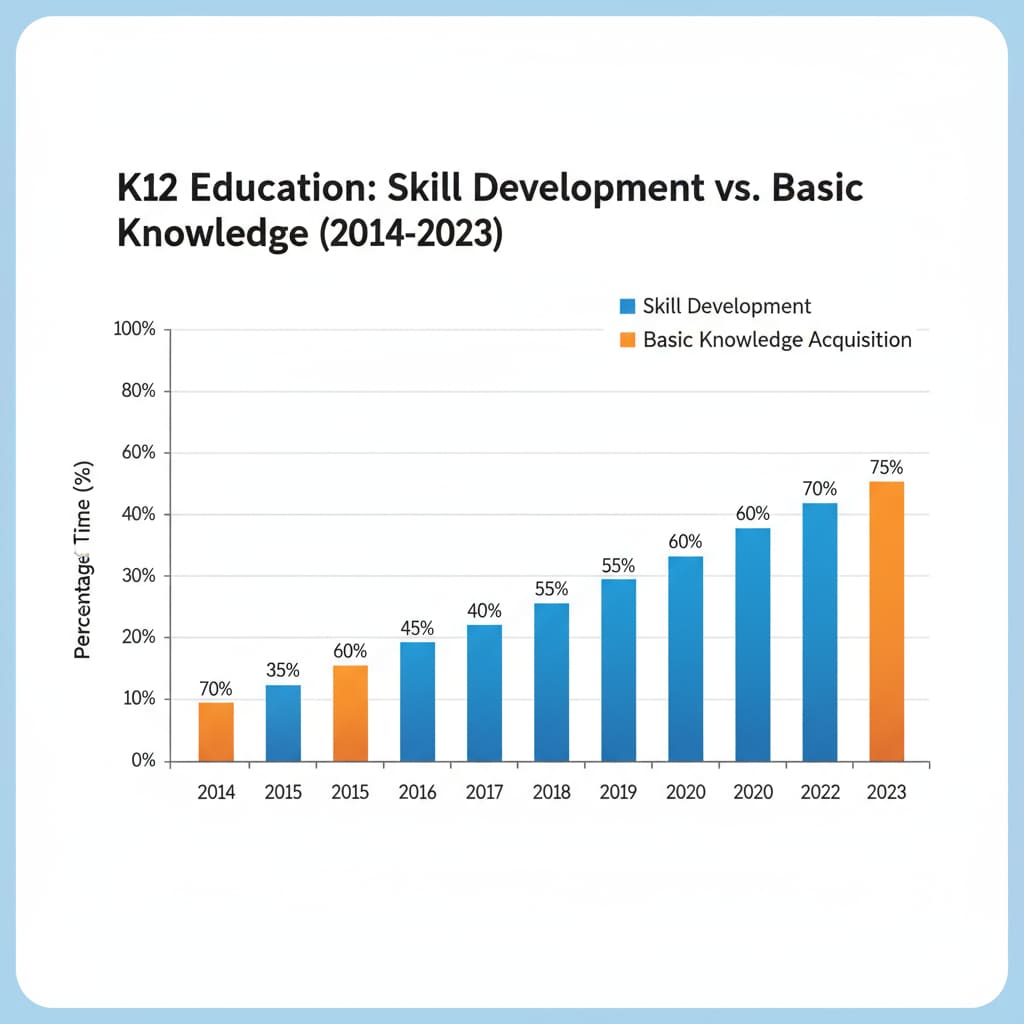In modern education, the issues of educational standards, lack of historical knowledge, and school curriculum have come to the forefront. The current K12 educational landscape seems to be tilting heavily towards skill development, often at the expense of a solid foundation in basic knowledge. This imbalance has raised numerous questions about the effectiveness of our educational system and its ability to prepare students for the future.

The Overemphasis on Skills in K12 Education
In recent years, there has been a significant push in K12 education to focus on skills such as critical thinking, problem – solving, and digital literacy. While these skills are undoubtedly important in the 21st – century job market, the overemphasis on them has led to a neglect of fundamental knowledge. For example, students may be able to use advanced software to solve complex problems but lack a basic understanding of historical events that have shaped the world they live in. According to Britannica’s Education section, a well – rounded education should incorporate both knowledge and skills. However, in today’s classrooms, the scale seems to be tipping too far in the direction of skills.

The Consequences of Neglecting Basic Knowledge
When students lack a solid foundation in basic knowledge, especially in subjects like history, literature, and science, it can have far – reaching consequences. Firstly, it becomes difficult for them to develop true critical thinking skills. Critical thinking is not just about solving problems; it’s about understanding the context, analyzing different perspectives, and making informed decisions. Without a broad base of knowledge, students may lack the necessary information to think critically. Secondly, it can limit their creativity. Creativity often stems from the ability to draw connections between different ideas and knowledge areas. As Wikipedia’s Education page points out, a rich knowledge base provides the raw materials for creative thinking.
To address this issue, educators need to reevaluate school curricula. There should be a more balanced approach that ensures students receive a comprehensive education. This doesn’t mean sacrificing skill development but rather integrating basic knowledge into the learning process. For example, when teaching digital skills, educators can incorporate historical examples of technological advancements. This way, students not only learn how to use technology but also understand the historical context in which it emerged.
Readability guidance: By highlighting the problems and suggesting solutions in short paragraphs, we aim to make the content accessible. Using lists could further simplify complex ideas. Transition words like ‘however’, ‘therefore’, and ‘for example’ help to connect different thoughts smoothly.


